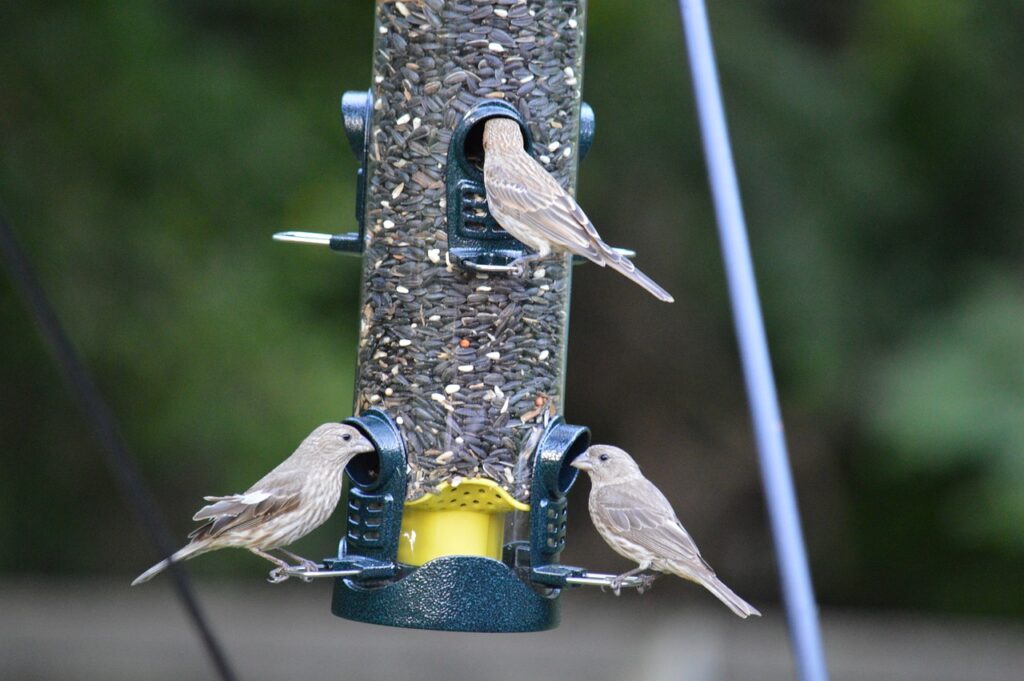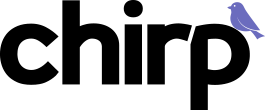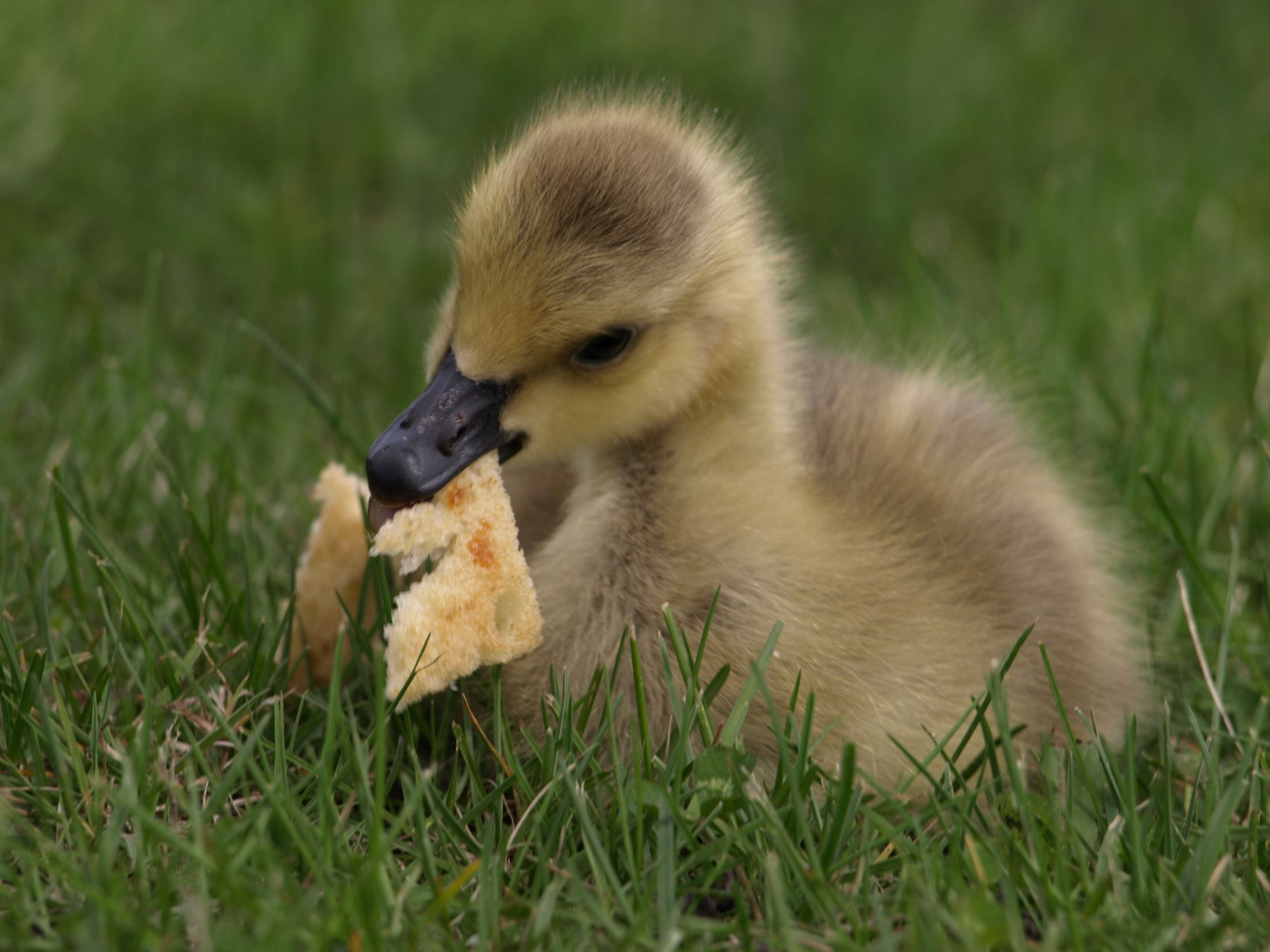Feeding wild birds has so many benefits: it connects us to nature, nurtures the birds around us, and supports our entire ecosystem. But if we’re not careful, it can do more harm than good. Which is why, before we put out our table scraps for the birds, we must make sure it won’t make them sick. Here are some human foods* that are bad—or at least not good—for birds:
*This is not an exhaustive list.
Avocados
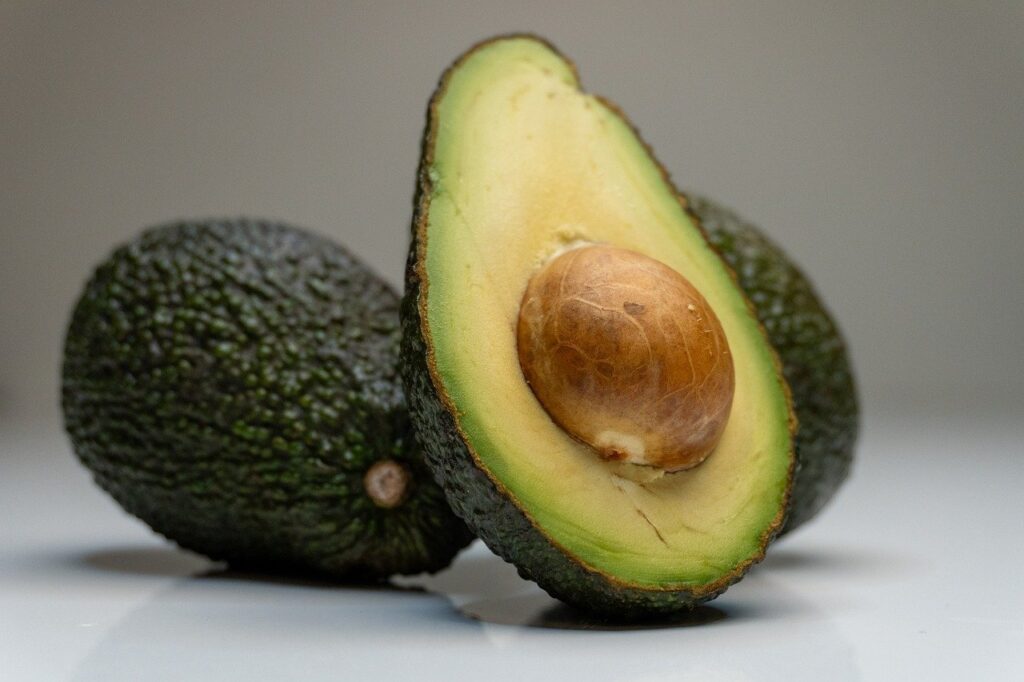
Yes, avocados are fruits, and you would think that would make it a safe bird food option. However, avocados contain persin, a phytochemical that birds can’t digest. Birds that eat any part of an avocado (including the skin) may suffer from heart problems, sometimes fatal.
Bread
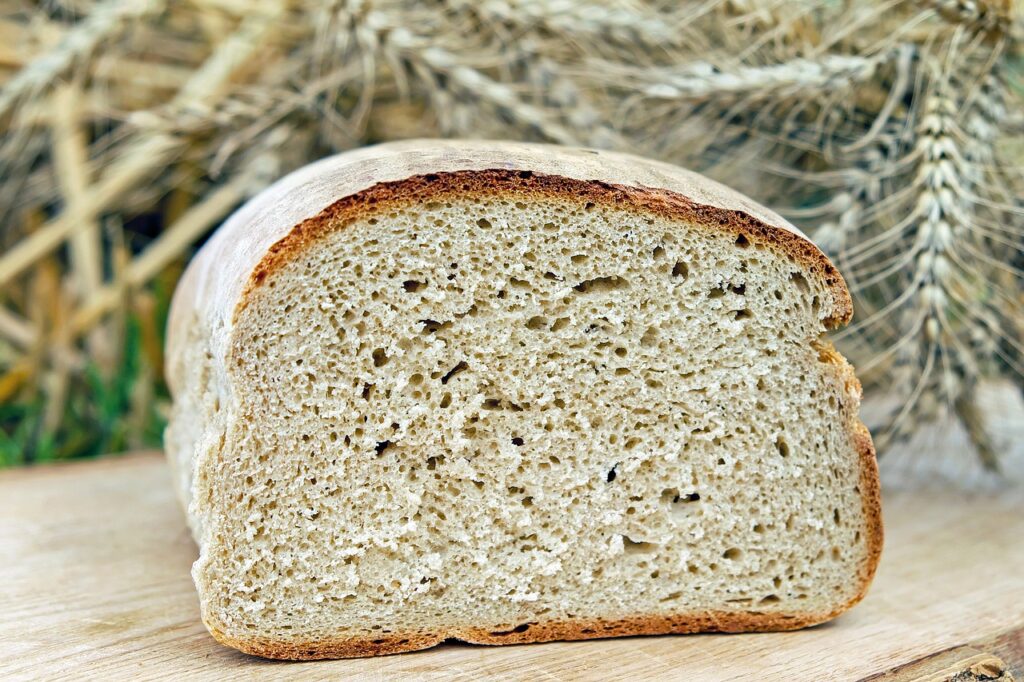
Will bread kill wild birds? Most likely not. But bread left out to mold can definitely harm them. And even if the bread is fresh, it holds no nutritional value for birds. It acts as a filler, and can lead to nutritional and vitamin deficiencies. Plus, when it comes to waterfowl, giving them bread can cause significant health problems like angel wing and metabolic bone disease.
Chocolate
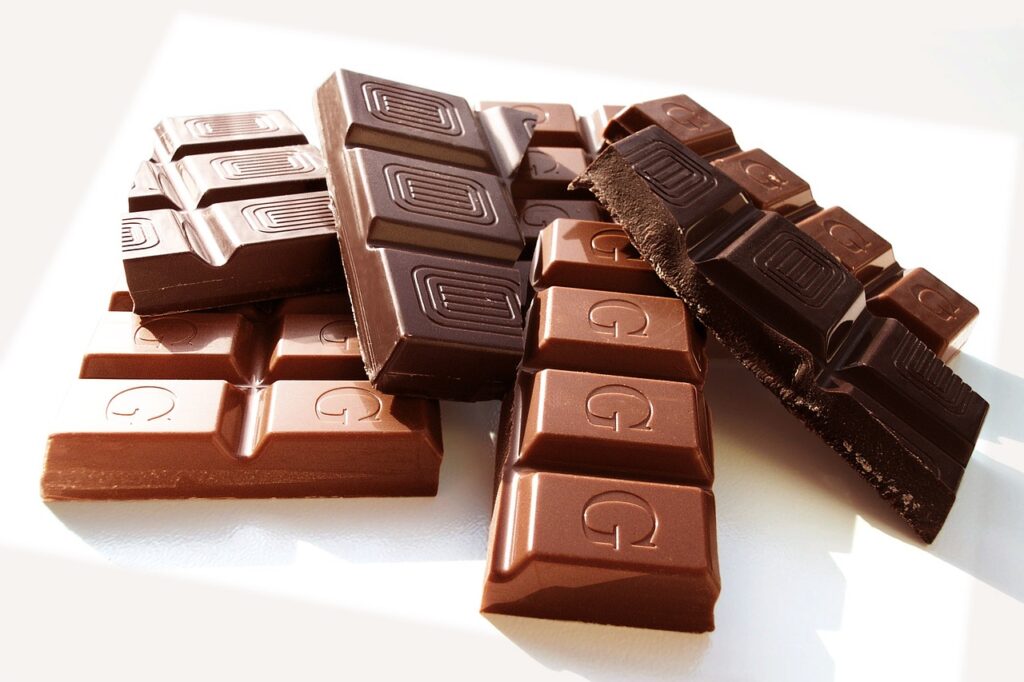
While most of us won’t be putting out chocolate for the birds to nibble on, it’s still important to note that it’s as toxic for birds as it is for dogs and cats.
Coffee Grounds
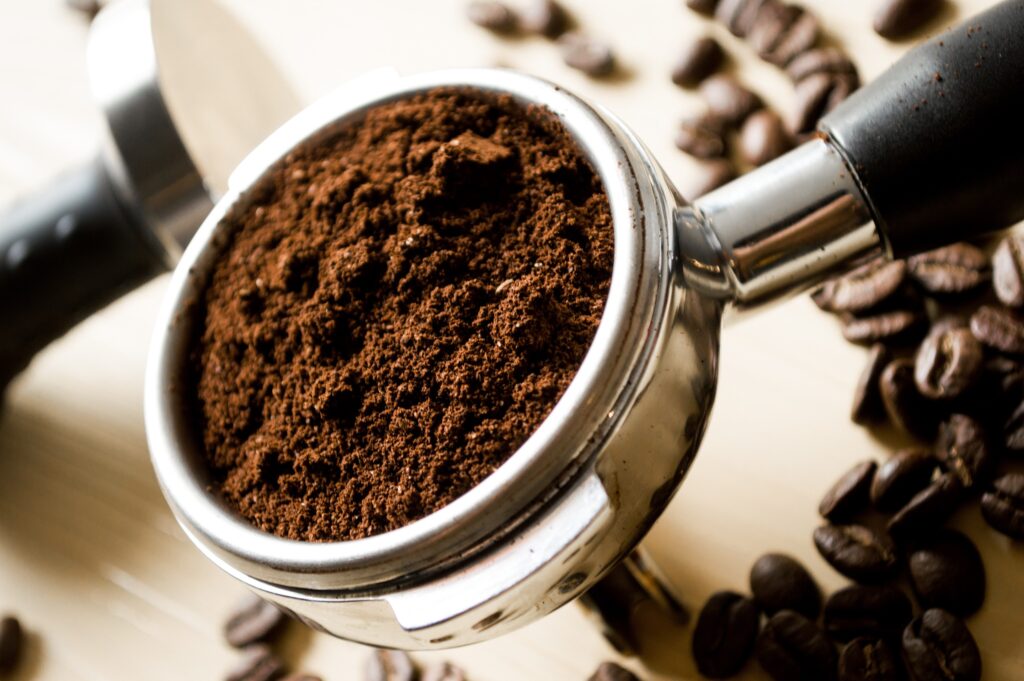
Keep those grounds for your garden, not the birds. Caffeine is toxic to birds, and can cause severe problems like cardiac distress, respiratory issues, and disruptions to their nervous system.
Fruit Pits and Seeds
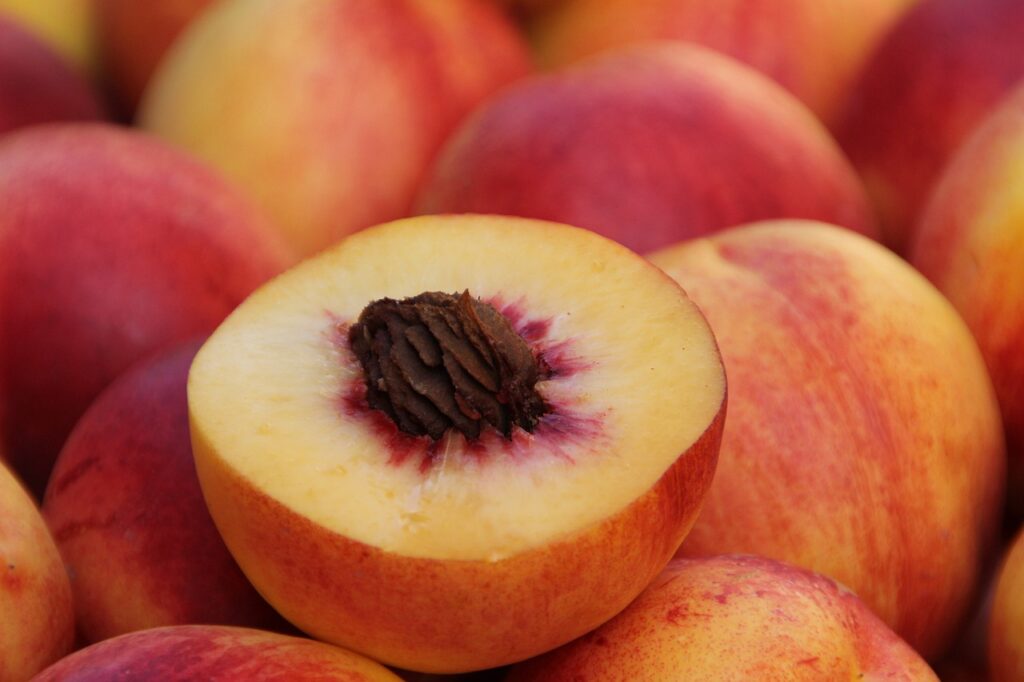
Treat your local birds with slices of apples, apricots, and plums—just leave out the pits and seeds, please. These contain a compound that release a small amount of cyanide, which may be harmful, especially to smaller birds like songbirds.
Honey
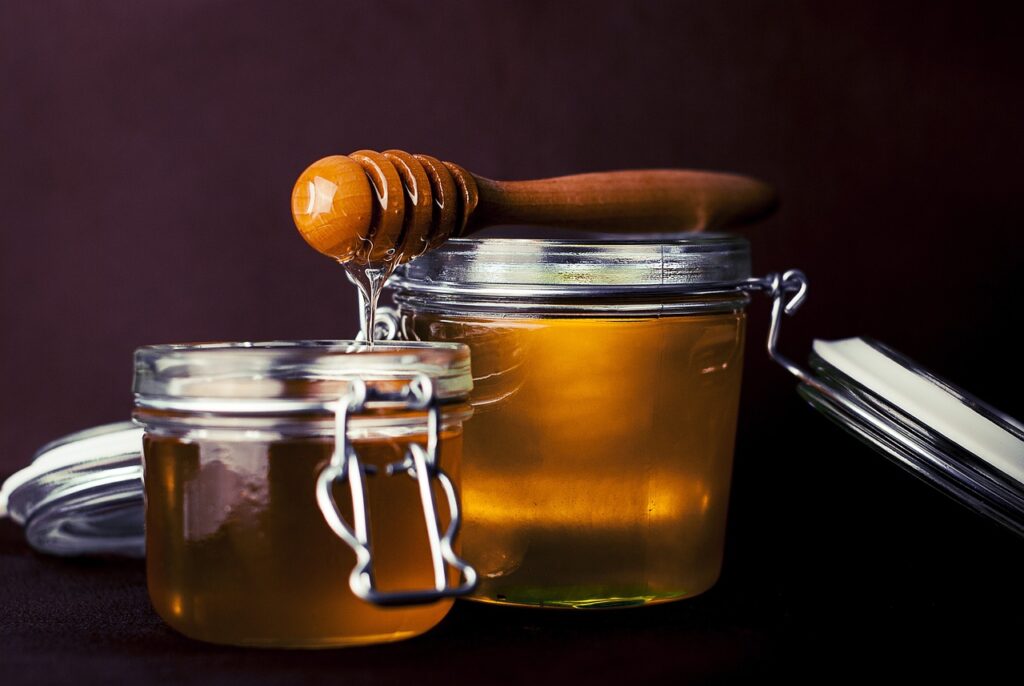
Honey is a natural sugar, but it can be harmful to birds because it may carry harmful bacteria, mold, and fungus. Avoid using honey in your hummingbird feeders, as it can cause a fungus infection on the tongue for these beautiful little flitters. Use clear nectar instead—avoiding the red dye, as it can be harmful for the hummers.
Most Dairy Products
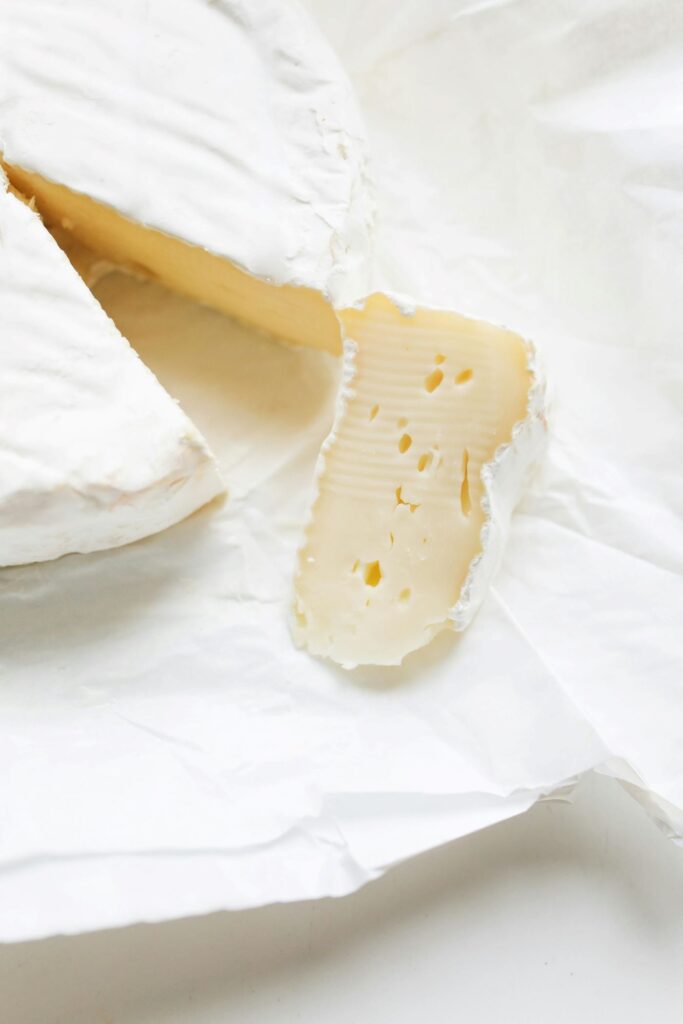
Dairy, in general, is a problem for birds because they can’t digest lactose. So products like milk, soft cheeses, and yogurt should be kept away from them. But hard cheeses, which have much less lactose, are okay in small amounts.
Oatmeal
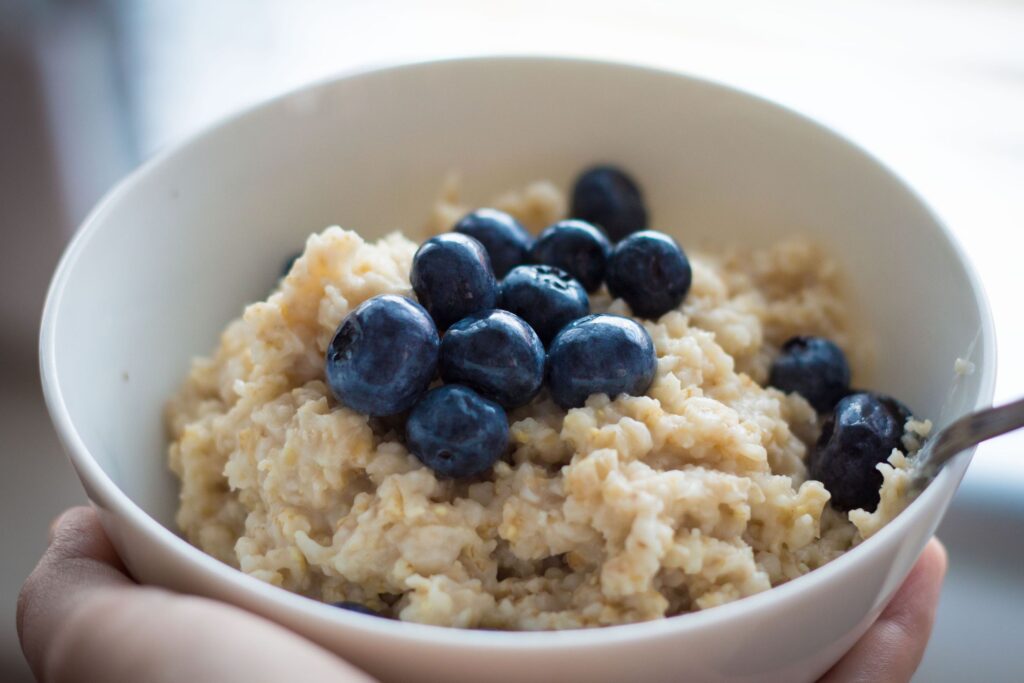
Dry oats? Fine! Cooked oats? Here’s where the problems start. Before you decide to leave part of your breakfast for the birds, know that the sticky oatmeal can gum up a bird’s beak, even gluing it closed as it dries.
Onions and Garlic
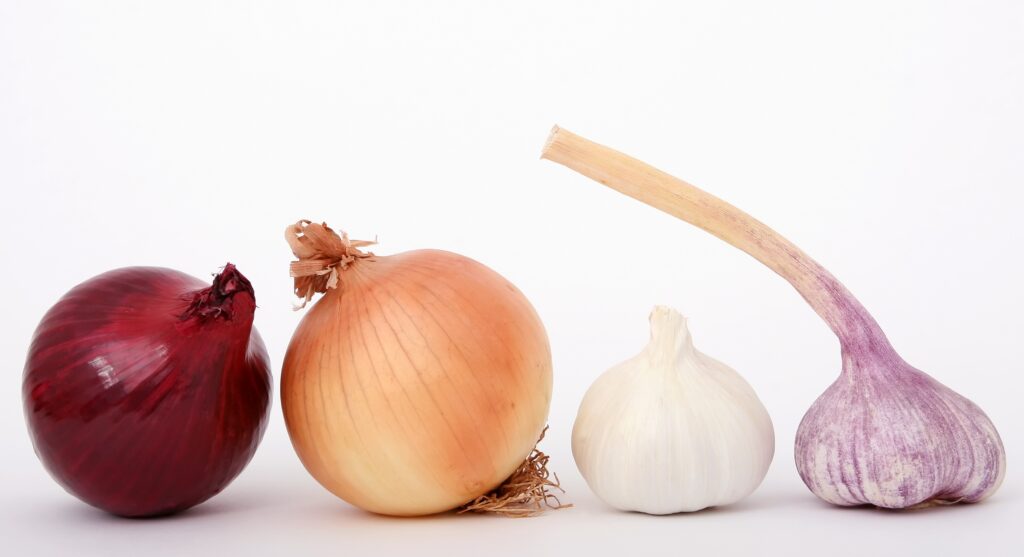
Though they may be staples in our own houses, alliums like onions, garlic, leeks, and scallions are not so good for birds. They contain sulfur compounds that can cause ulcers, anemia, and other problems for birds; and eaten in large amounts, these foods can prove fatal.
Raw Meat
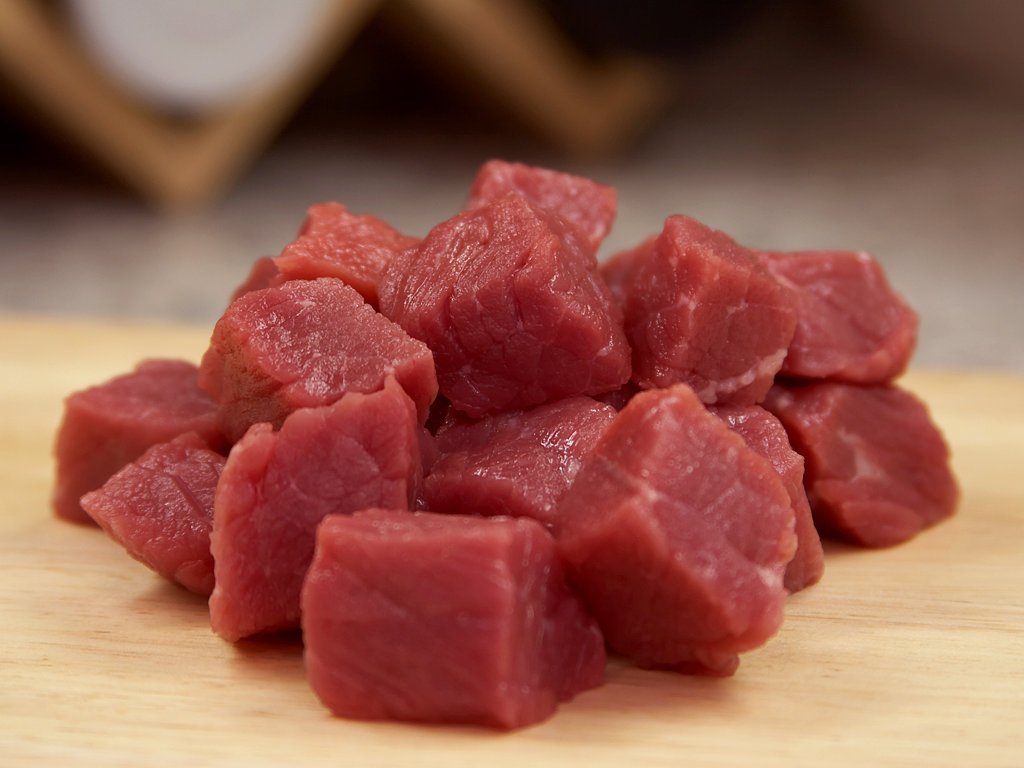
The problem with raw meat is that, when left out for the birds, it can go rancid and spoil. It can make birds, and the other wildlife it attracts, sick. Even unspoiled, raw meat is indigestible for birds, and can cause things like bacterial infections and toxoplasmosis, a parasitic infection.
Salted Nuts
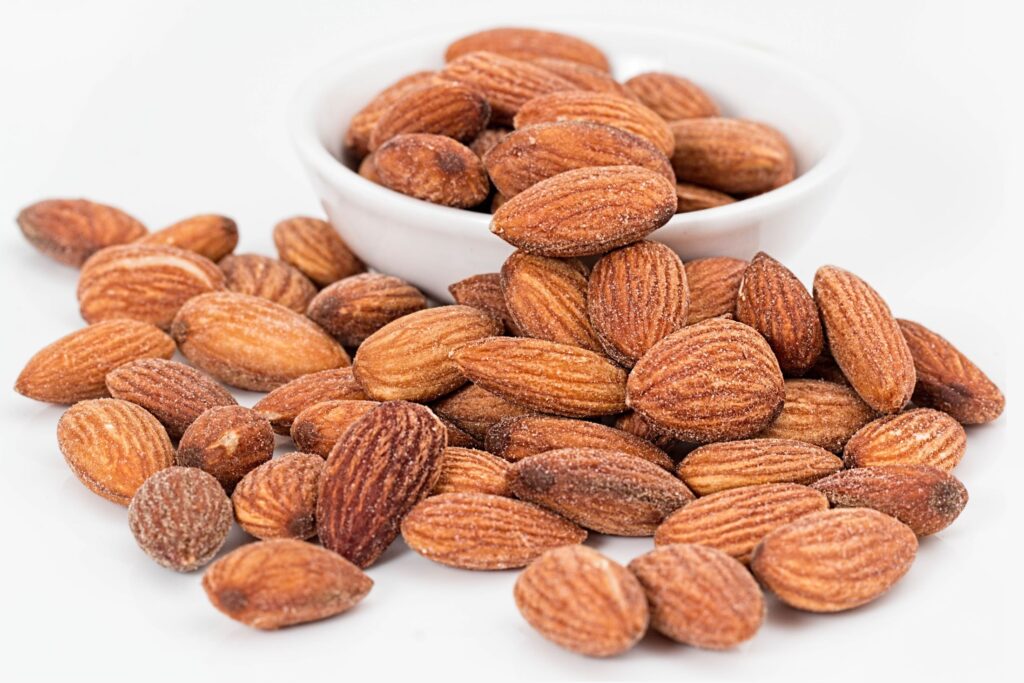
This one is a bit of a thinker, because we know many birds love nuts. And nuts are a great energy source for birds, as they are packed with the healthy fats and oils birds need to fly long distances, build nests, and feed their young. However, when it comes to feeding the birds, hold the salt. Birds can’t metabolize it, even in small amounts.
Human Foods That are Safe for Birds
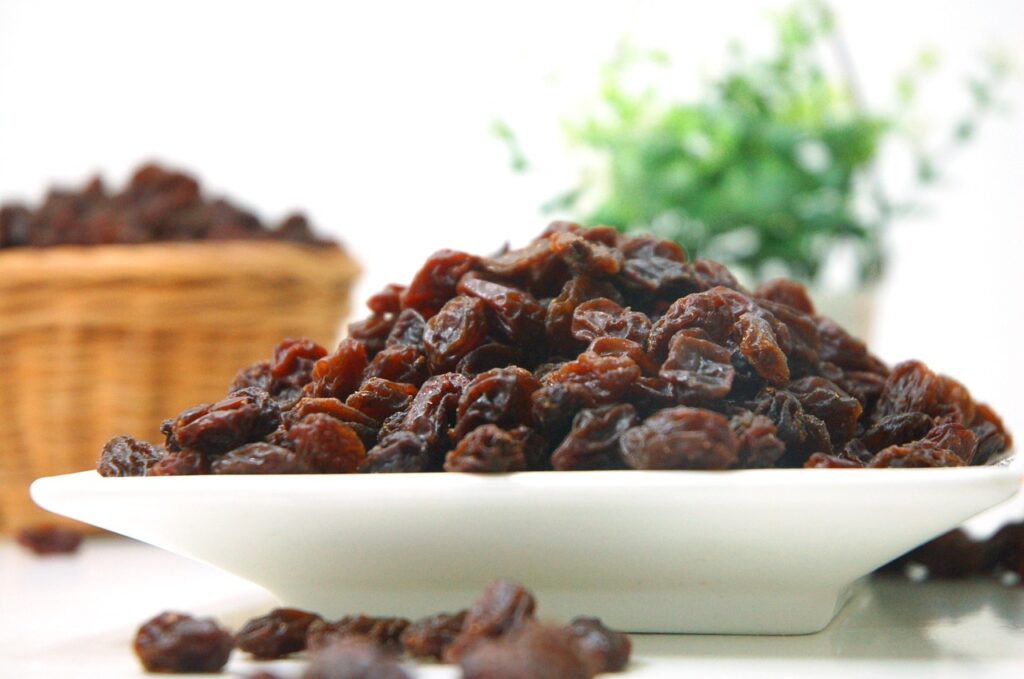
“Wow,” you may be thinking, “birds are picky eaters!” But the truth is, there are still many bird-approved human foods you can safely offer. These include*:
- Fruits. Offer birds apples, bananas, grapes, berries, cherries, peaches, and more.Just be sure to remove any seeds and pits, and cut them into bite-sized pieces, and you’re golden!
- Peanut Butter. Birds love peanut butter (who doesn’t?), and it’s also an excellent source of fat and protein for them. Look for natural and/or organic varieties, and ditch the low-fat kind: birds need the energy boost of full-fat!
- Eggshells. Especially around nesting season, cooked eggshells are an excellent source of calcium for birds. First, clean the eggshells, them bake them in the oven at 250 degrees for about 15-20 minutes to further clean and dry them out.
- Raisins. If you want to attract more birds to your yard—especially bluebirds and robins—leave out some raisins. They are a great source of vitamins and minerals, and birds love the light and dark varieties, so try some sultanas too. Don’t forget to soak the raisins overnight before putting them out for the birds; this makes them easier for birds to digest.
- Nuts. Raw, unseasoned, unflavored, nuts are a healthy, caloric, high-energy food source. Offer them whole, shelled, unshelled, or in pieces to attract birds and give them a treat. Certain birds, like jays, crows, and woodpeckers will love cracking open the shelled nuts, while smaller birds with smaller beaks (wrens, chickadees, and titmice) will love the unshelled kind.
*This is not an exhaustive list.
Find out which foods will bring the birds to your yard in Chirp’s article “Eating Like a Bird: What They Crave and Other Fun Feeding Facts.”
What about suet? Find out in Chirp’s “Southern California Suet Guide: Which Birds Eat Suet, and Why?”
Need more seed? Join Chirp’s Seed Subscription and get our premium bird seed blends delivered right to your door on the regular!
More Backyard Bird Feeding Reading
